KALINGA, November 15, 2022 – In line with ensuring to prevent the return of the African swine fever (ASF) virus in their community and providing additional knowledge on swine raising, 24 beneficiaries from the Rang-ay San Quintin Farmers Association (RSQFA) in the Municipality of Rizal, Kalinga has completed its Farmer Livestock School (FLS) led by the Department of Agriculture – Special Area for Agricultural Development (DA-SAAD) Program in partnership with the Provincial Office for Veterinary Services (PROVETS) and the Municipal Government of Rizal.
With 70 farmers, the RSQFA was established in 2021 to unite farmers in sustaining their agricultural livelihood and open more opportunities to increase their financial status.
They were rice and corn farmers while some of them also engaged in swine raising. With their experience, the DA-SAAD Program provided support for swine raising to 42 beneficiaries (16 first-in-line and 26 second-in-line) selected for the Swine Repopulation Project in 2021 which is also a measure to address the lingering impacts of the ASF virus that deeply affected their livelihood. Without vaccines available in the market to mitigate the ASF virus, they perceived that prevention is the most suitable way to address it.
Prevention of the ASF is part of the curriculum offered by the FLS on swine production alongside the ideal swine production practices. Twentyfour (24) representatives out of the 42 swine raisers enrolled in the training which lasted for four (4) sessions from September 29 to October 18, 2022.
The learners were tasked to share their acquired knowledge from the training to the rest of the group. The RQSFA aimed to improve their management and production quality that may also boost their income. They also believed that with completing the FLS classes, they can achieve success in the implementation of the DA-SAAD’s Swine Repopulation Project in Barangay San Quintin, Rizal.
PROVETS Agricultural Technician Ms. Jackelyn Odlus and Mr. Ezikil Magmoyao from the Municipal Government of Rizal served as the resource speakers in which they discussed: (1) swine breeds; (2) types of swine enterprise; (3) care and management of boar, sow, and piglets; (4) housing; (5) organic feed formulation; (6) piglet castration; and (7) mass treatment hands on.
The FLS was also an avenue for the swine raisers to talk to the experts on their field experiences that they were not able to tackle. This was facilitated by Ms. Loida Madeo and Ms. Joan Dawigoy, SAAD Program development officers assigned in Rizal.
The graduation ceremony for the FLS on swine production was conducted at Barangay San Quintin, Rizal on November 7.
“Kadakayu nga nanglippas, sapay kuma ta nasuru yu nga paimroven ti panagtaraken ken mangpaadu tapnu puminpintas ti swine repopulation project tayu. Congratulations kanyayu amin,” said Dr. Raponcel Saguilot, Assistant Agricultural Program Coordinating Officer.
(To the graduates, I hope that you were able to learn on how to improve from your [swine] training and its proliferation that will help flourish our swine repopulation project. Congratulations to all of you.)
Municipal Agriculturist (MA) Nasser Rey Juan also encouraged the participants to apply what they have learned from their schooling, “Namnamaen yu nga haan mi nga bay-bayan dagiti mannalon ta dakayu ti rangtay ti panagduras ti agriculture” (You can expect that we won’t leave our farmers alone as you are the road to the success of agriculture), he added.
Swine Repopulation Project in Rizal
The main interventions given under the Swine Repopulation Project are biologics and feeds as support to beneficiaries who have existing sows in helping them to repopulate. The said project is different from the Swine Production Project where animal inputs are given to the beneficiaries. This was halted due to the restriction to transport animals to and from areas to prevent the spread of the virus.
RSQFA is the lone recipient of the Swine Repopulation Project of the DA-SAAD Program in Rizal. From the support given to the 20 sows of the 16 first-in-line beneficiaries under the project, 14 had already farrowed after a month and produced 165 head of piglets. From the said total, 76 piglets were sold by 10 beneficiaries that recorded an income amounting to Php 325,000.
The 10 individuals benefited from their profit and used it to expand their backyard piggery, purchase feeds for their stocks, and keep remaining for savings.
Meanwhile, 26 piglets were rolled over to 26 next-in-line beneficiaries with 6 mortalities recorded. Lastly, the remaining 51 stocks are being raised individually as fatteners and breeders.
This year, 14 additional head of female piglets are to be dispersed to the community. The FA plans to continue with this roll-over scheme to sustain the swine stocks in their community and to accommodate more members who would like to also venture into swine production. ###
Writer: Sheena Phine P. Dayagon, DA-SAAD Kalinga Information Officer

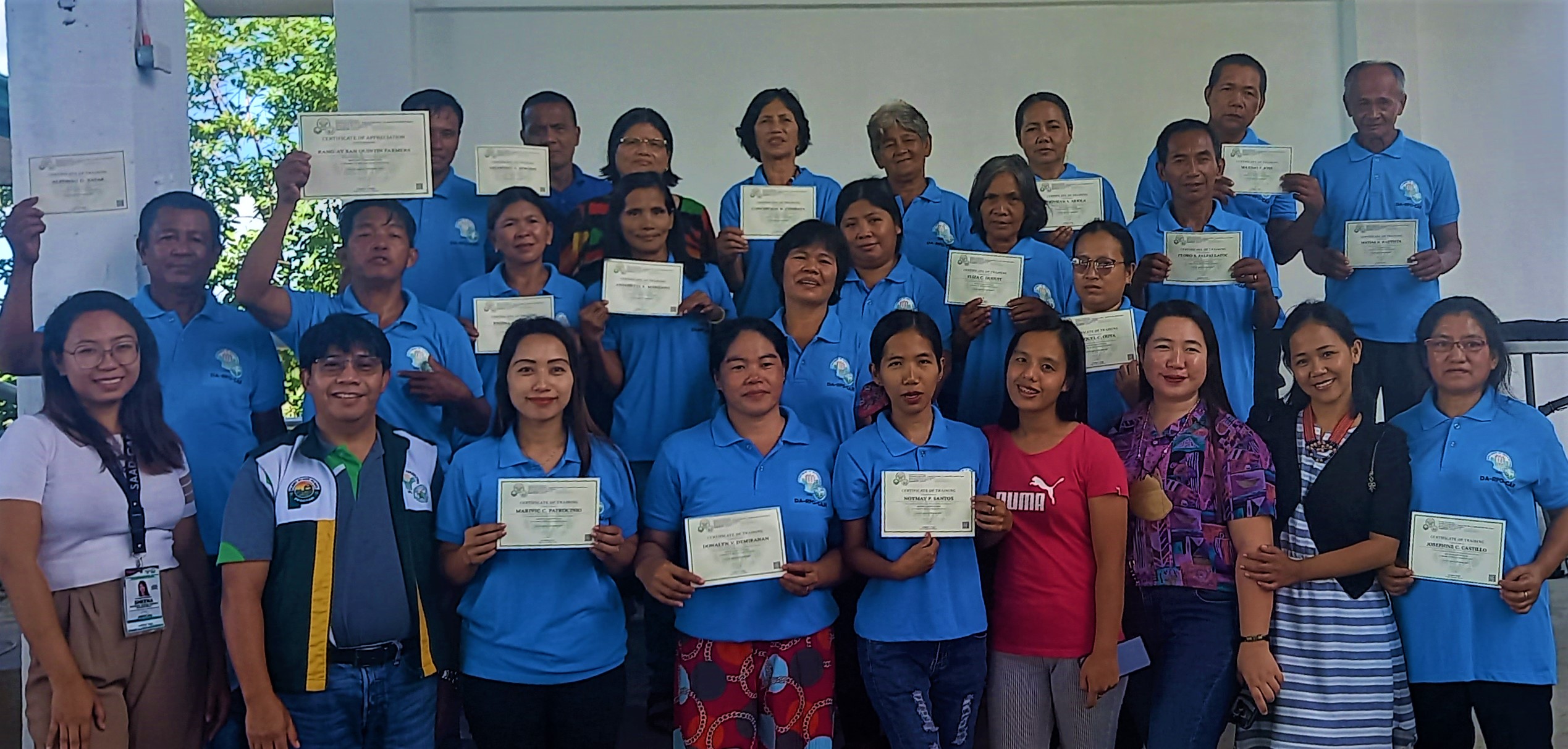
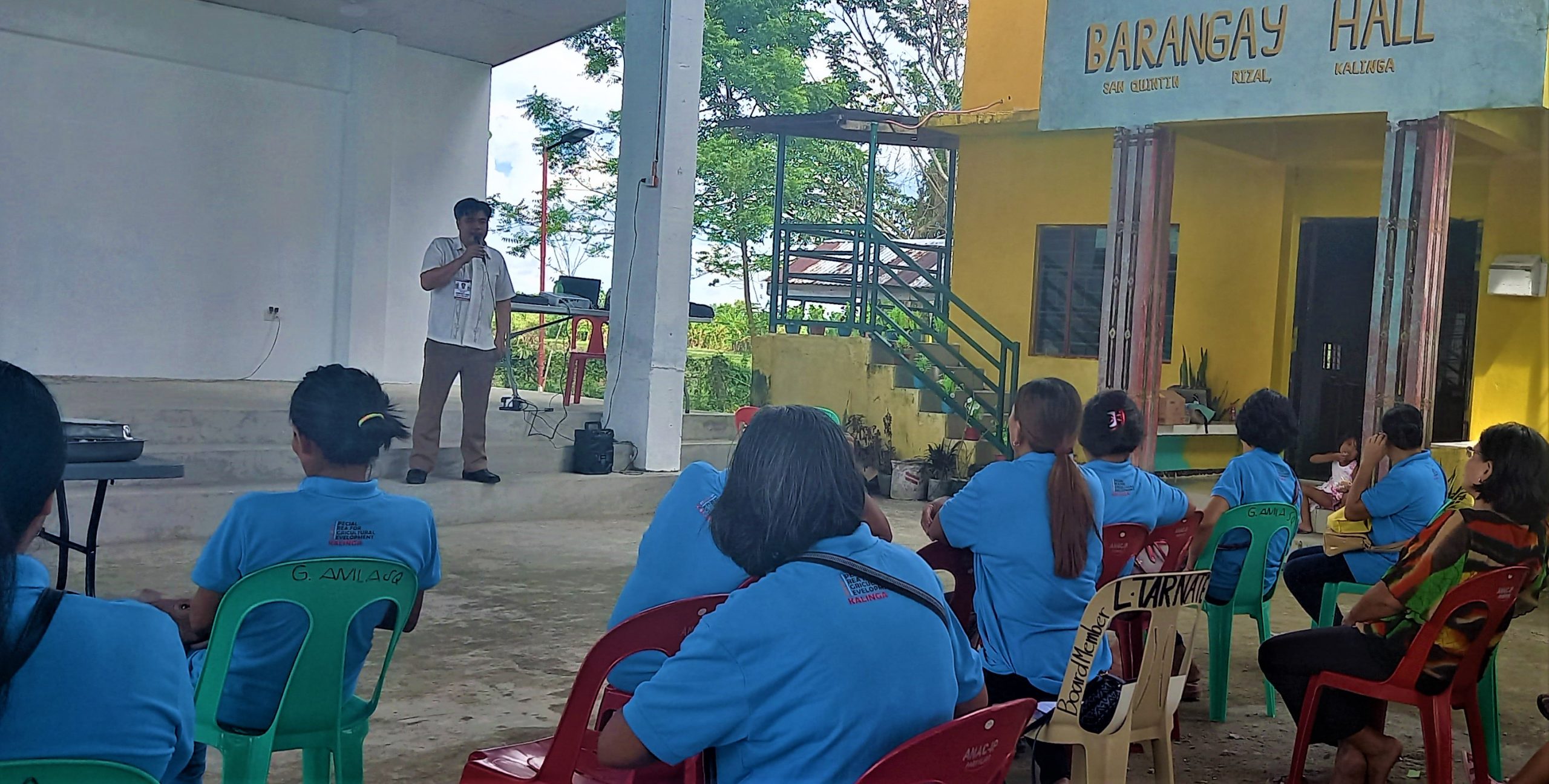
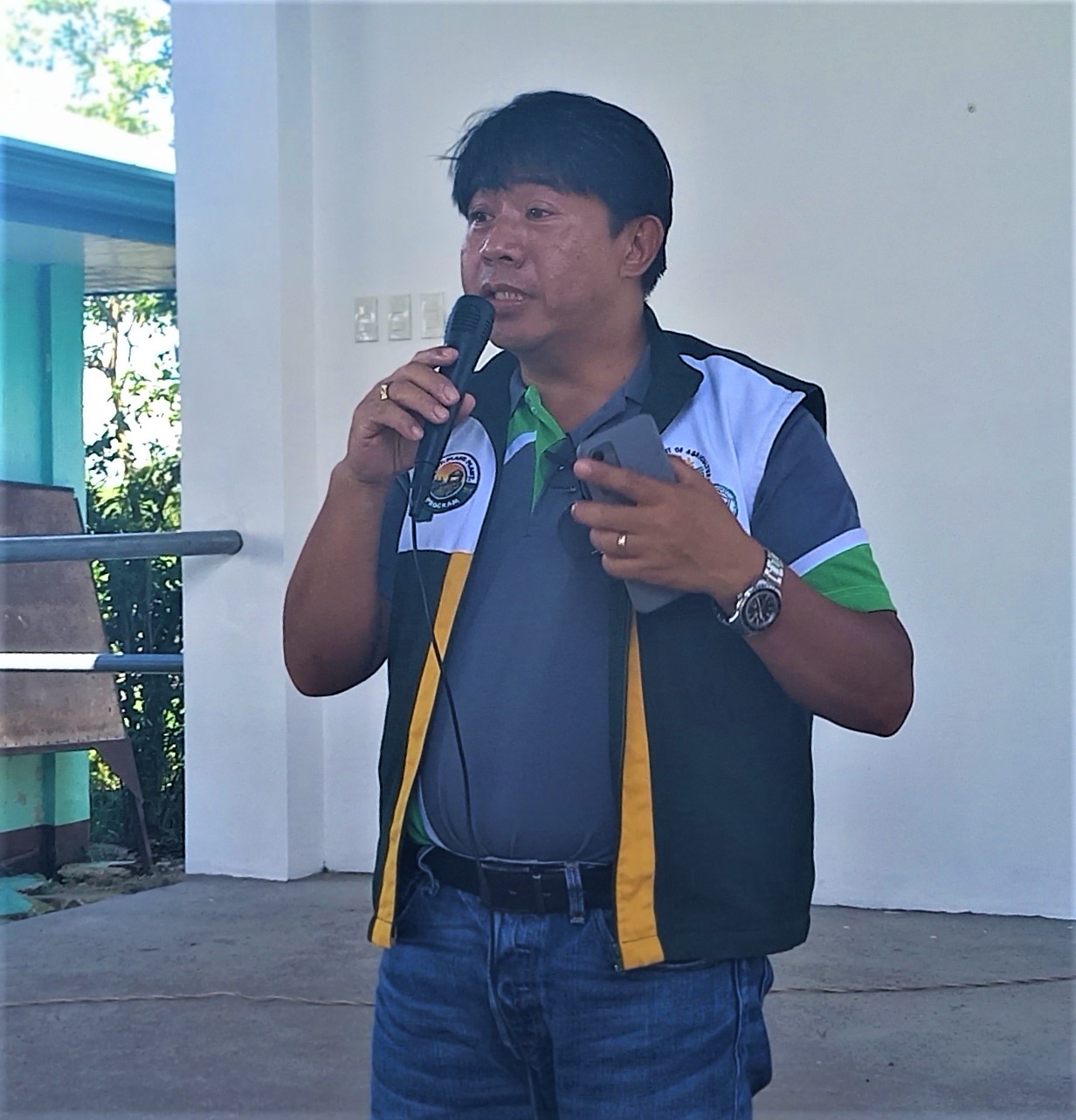
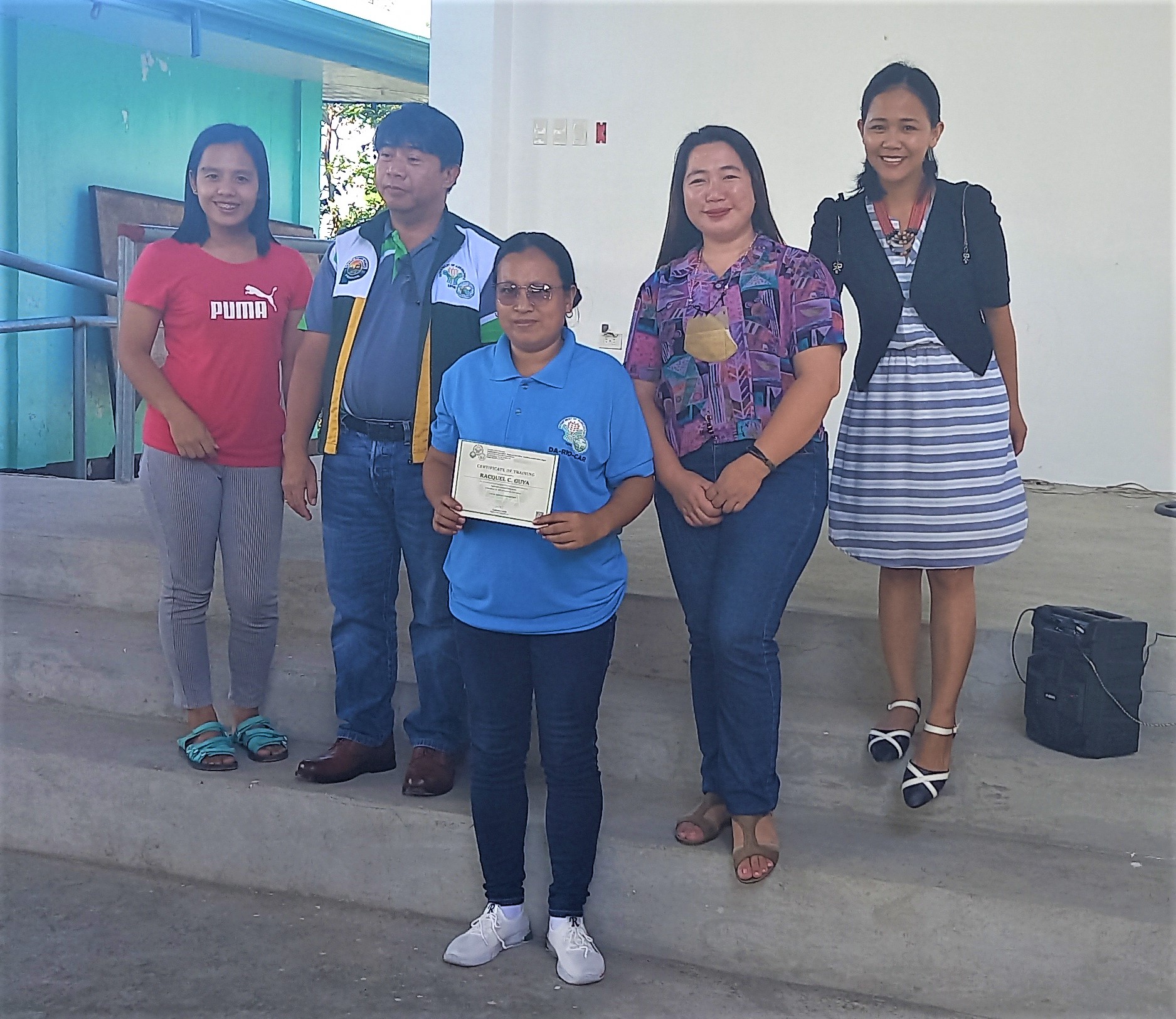
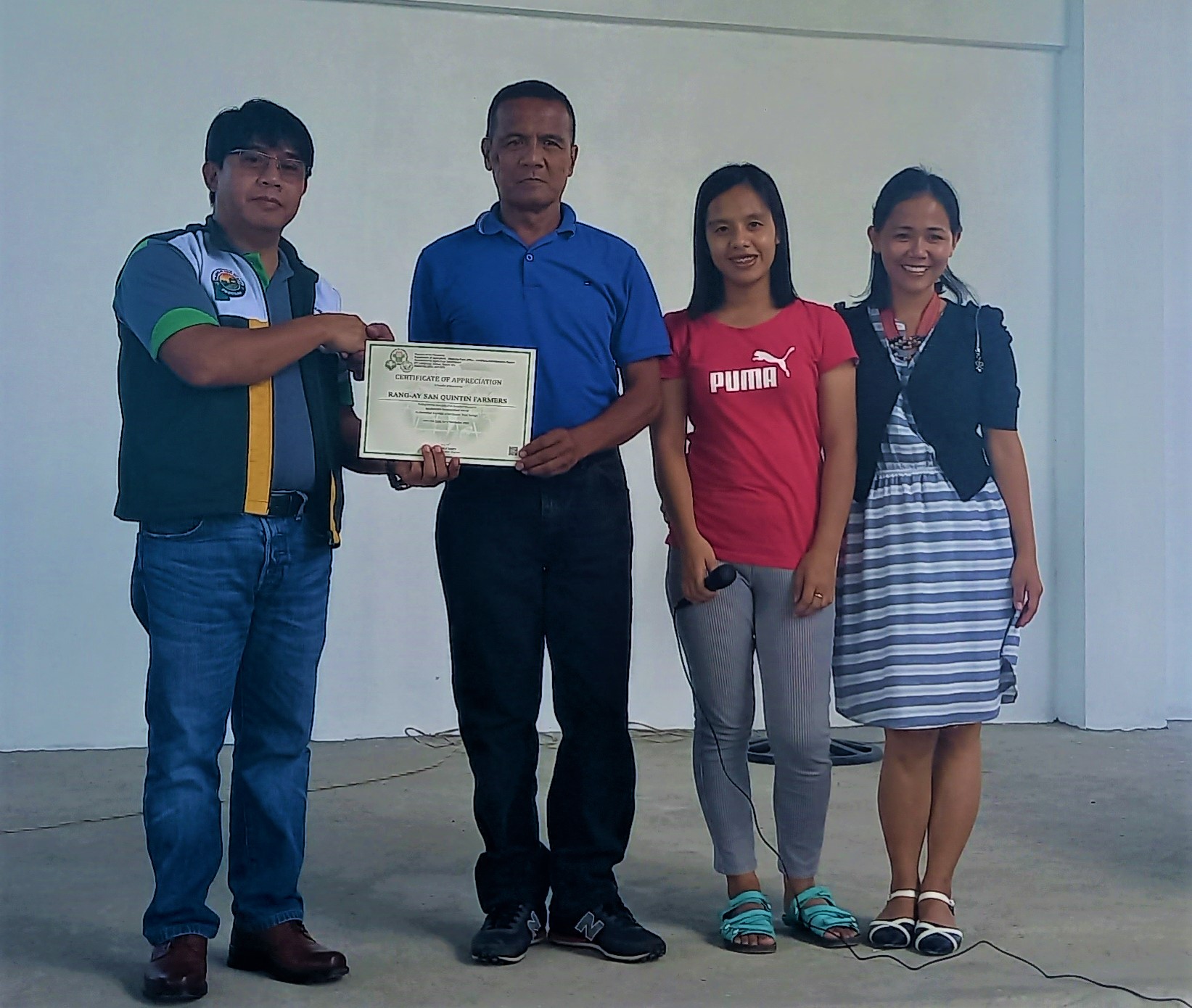
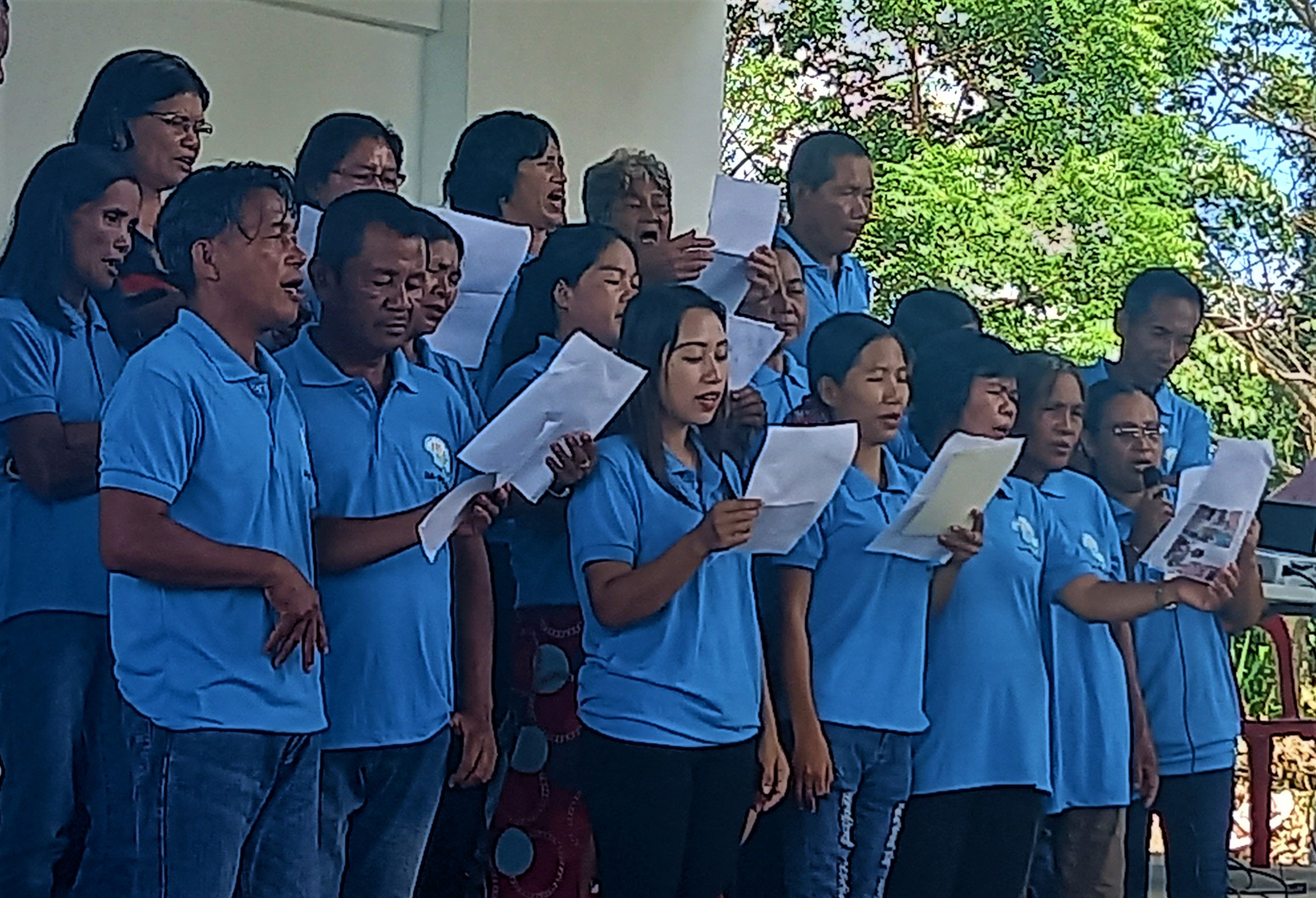
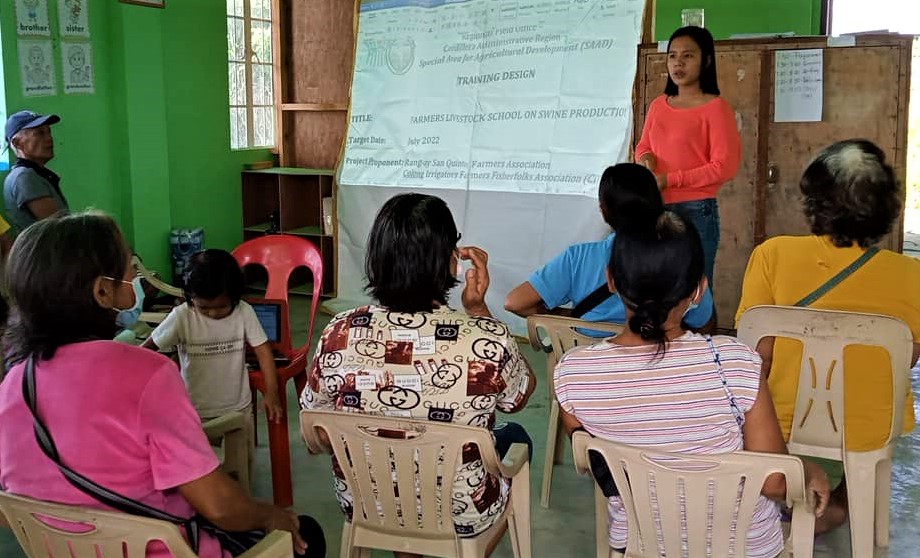
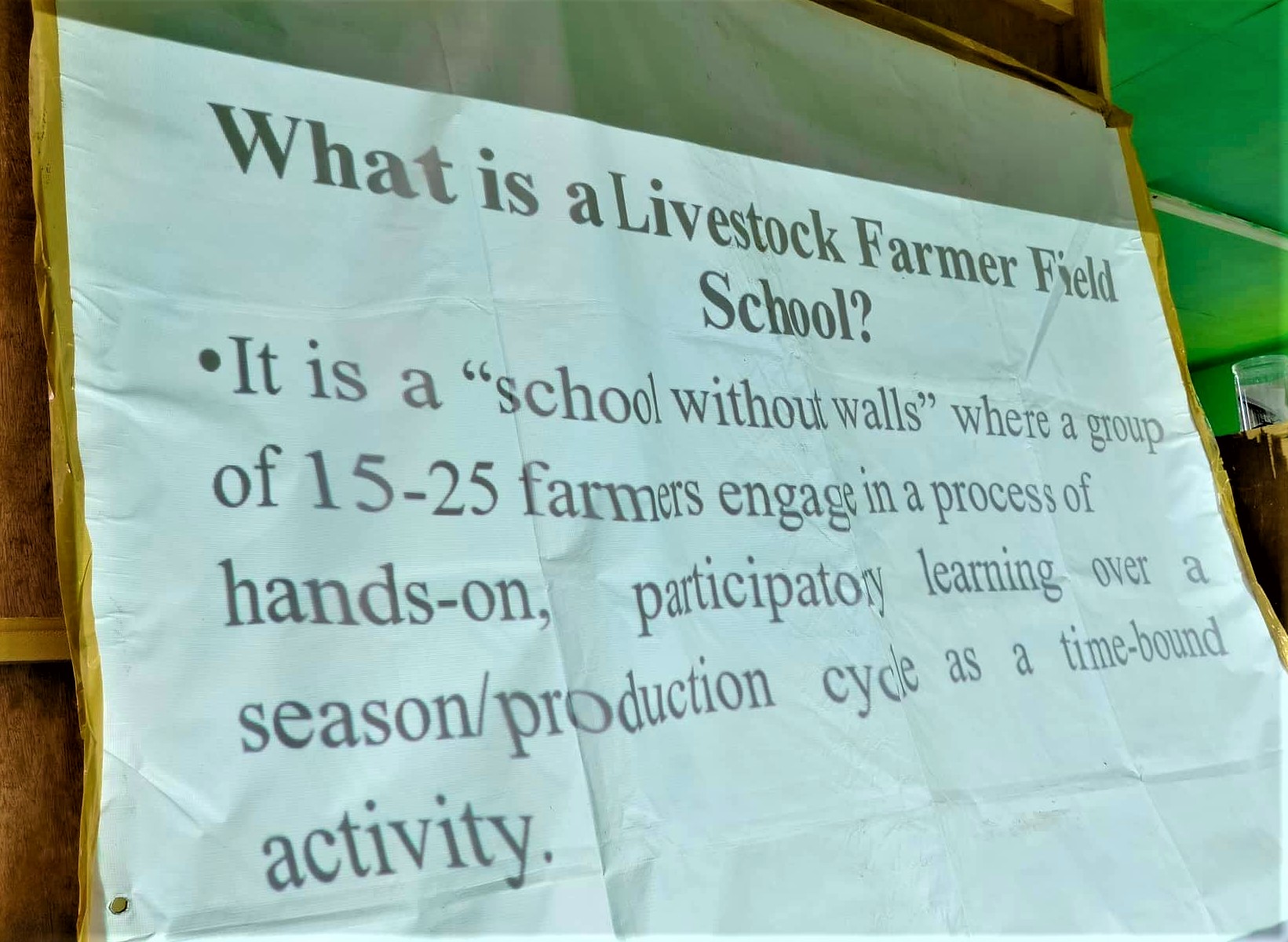
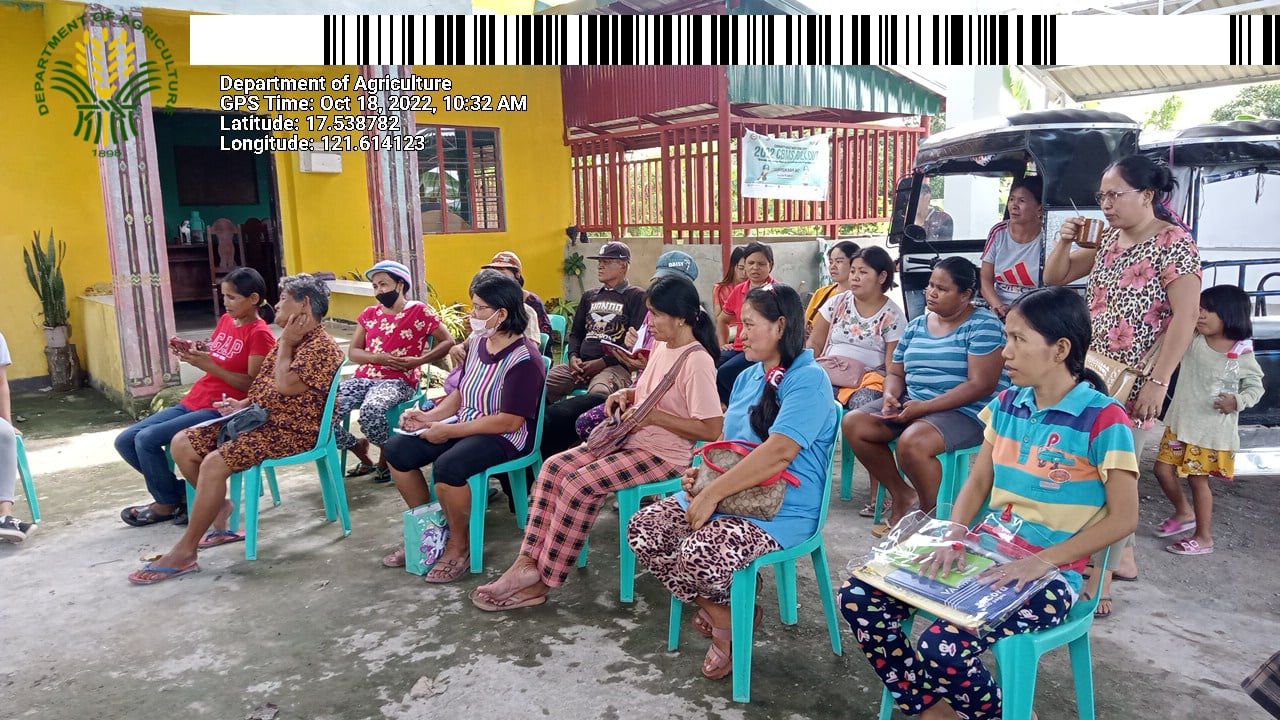
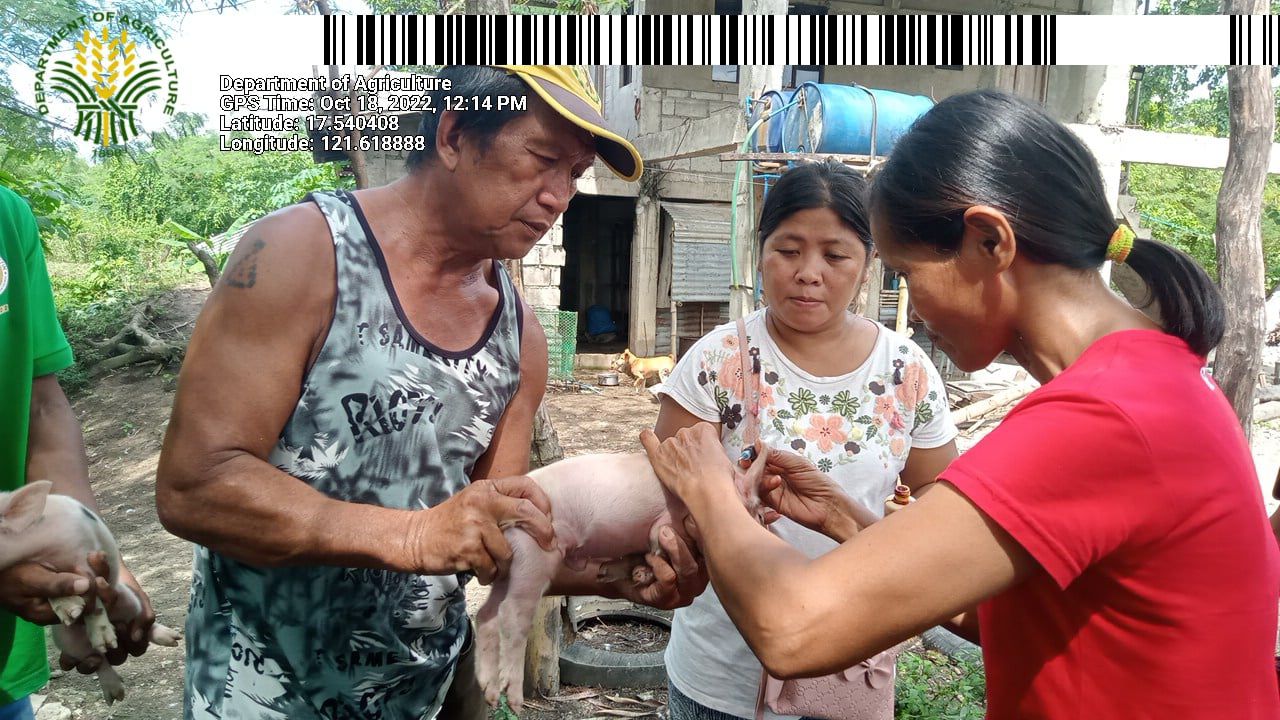
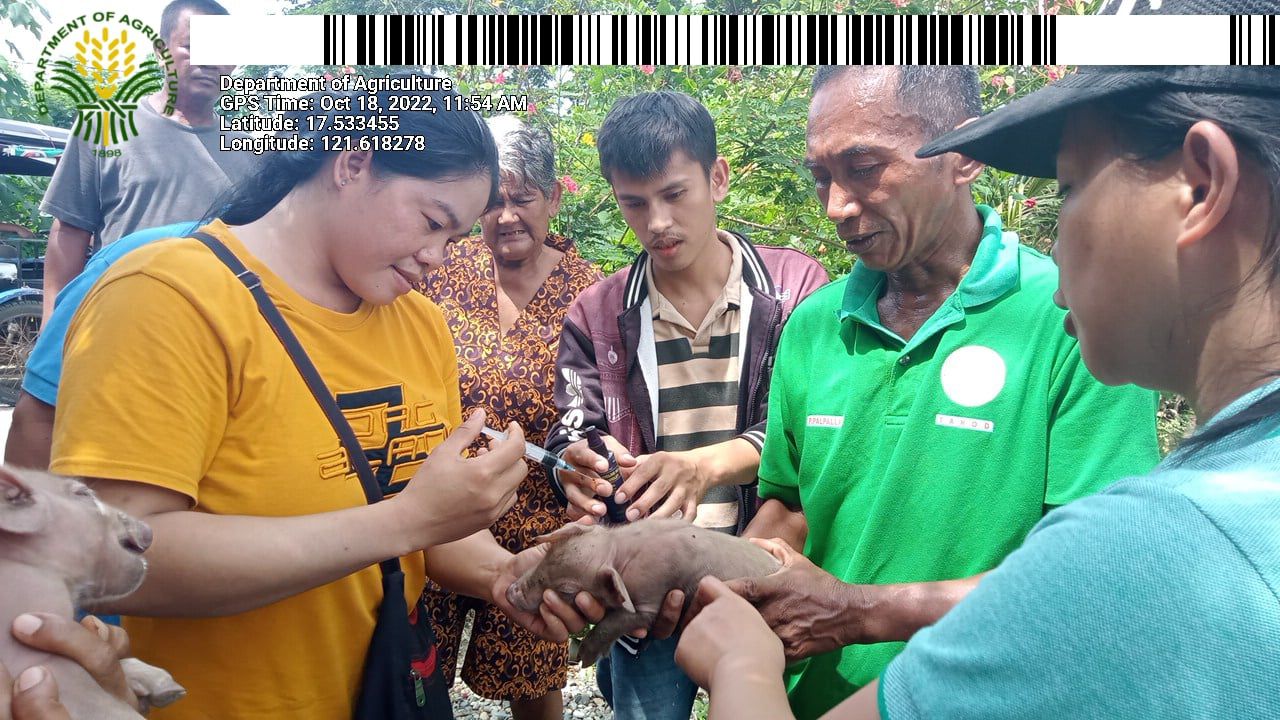
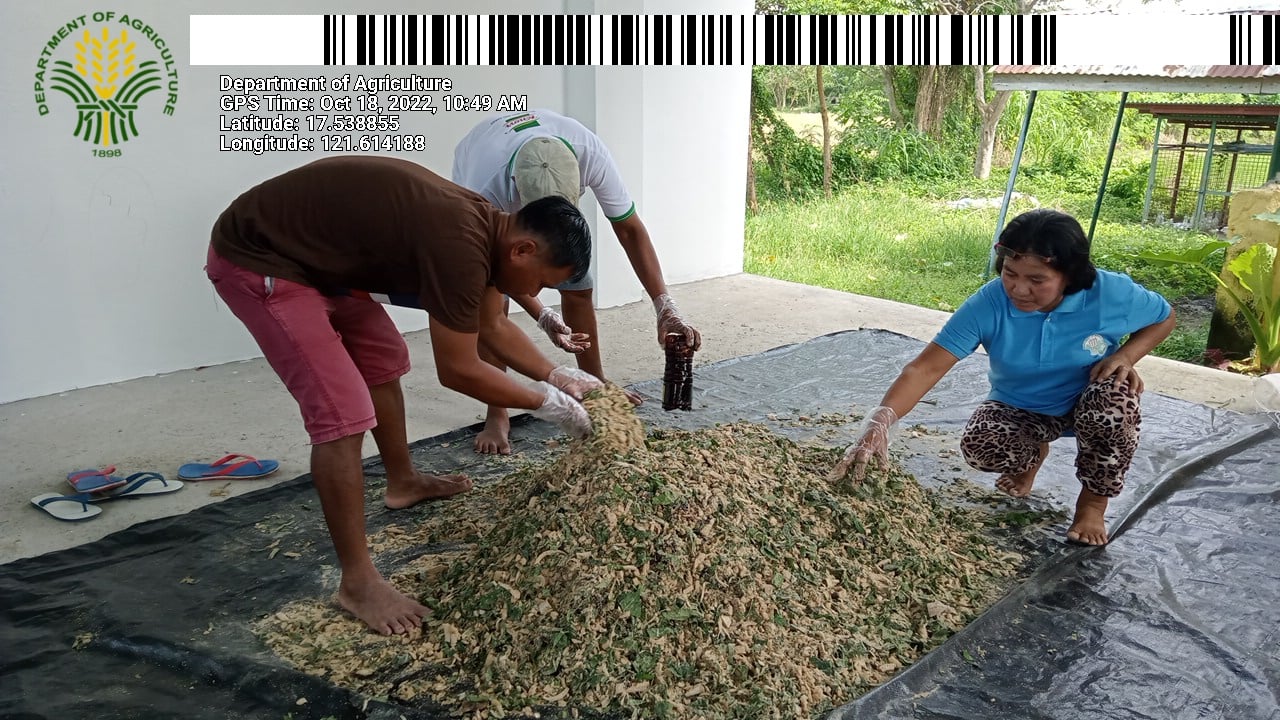
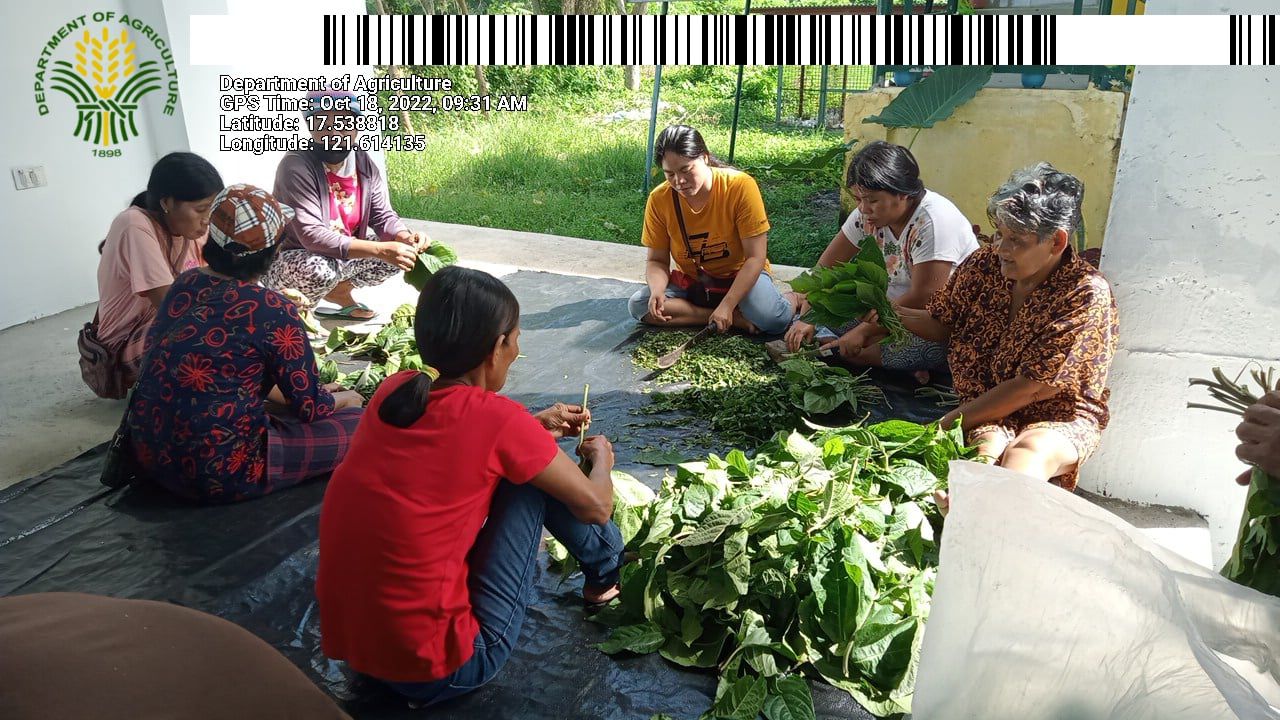
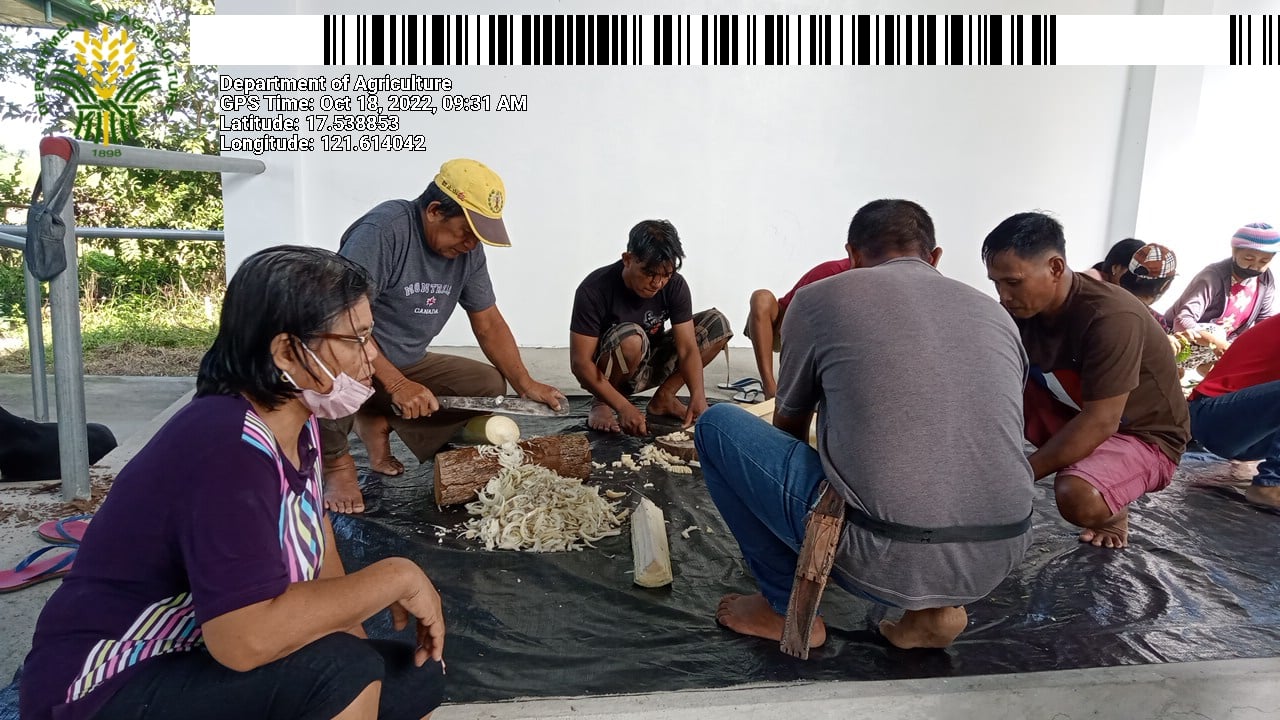
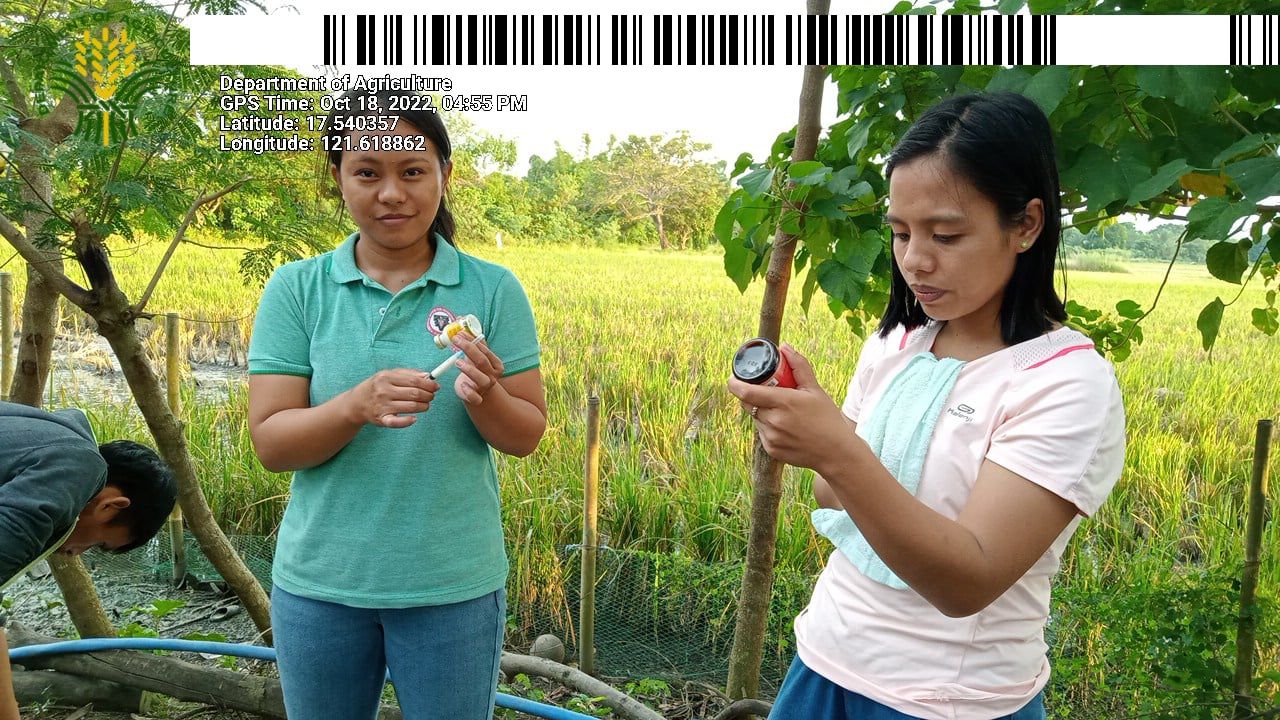
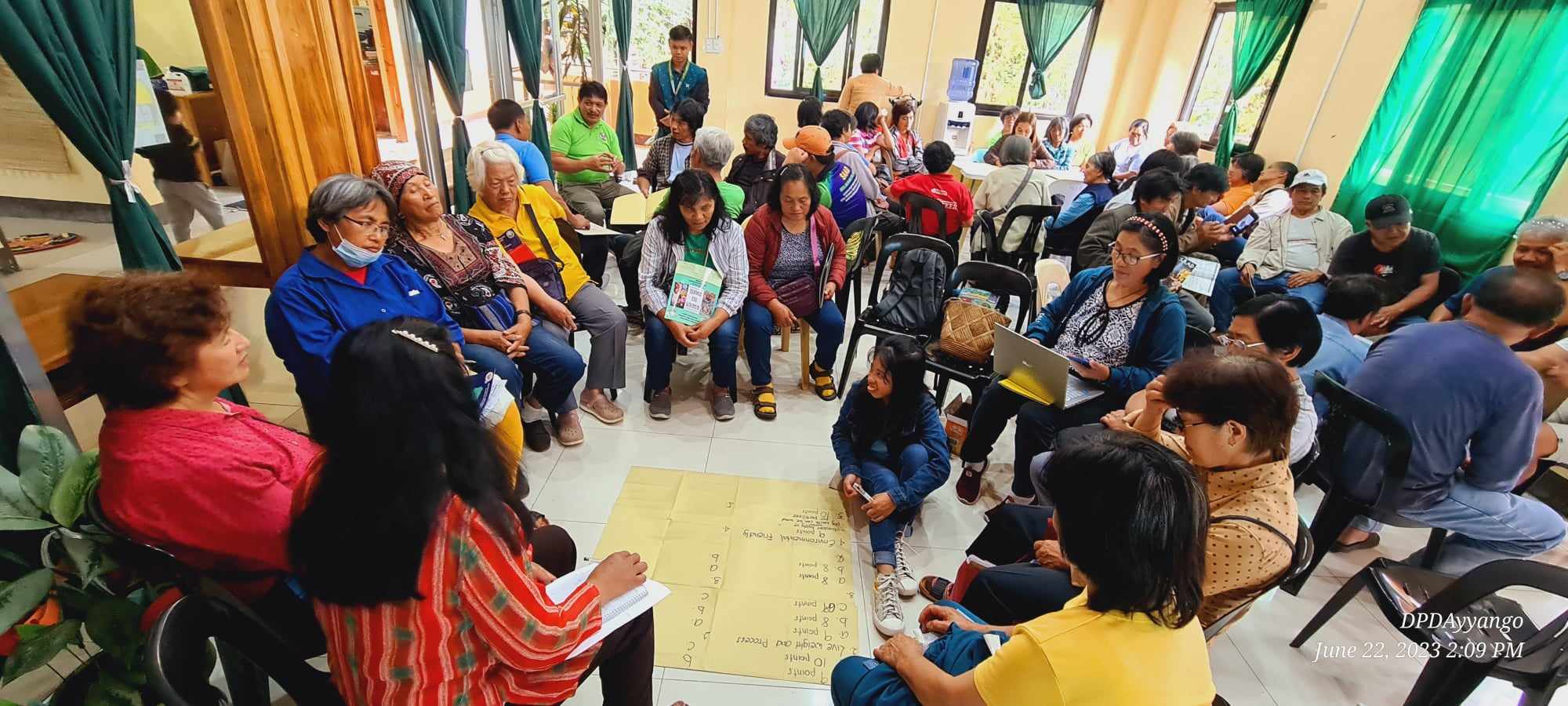
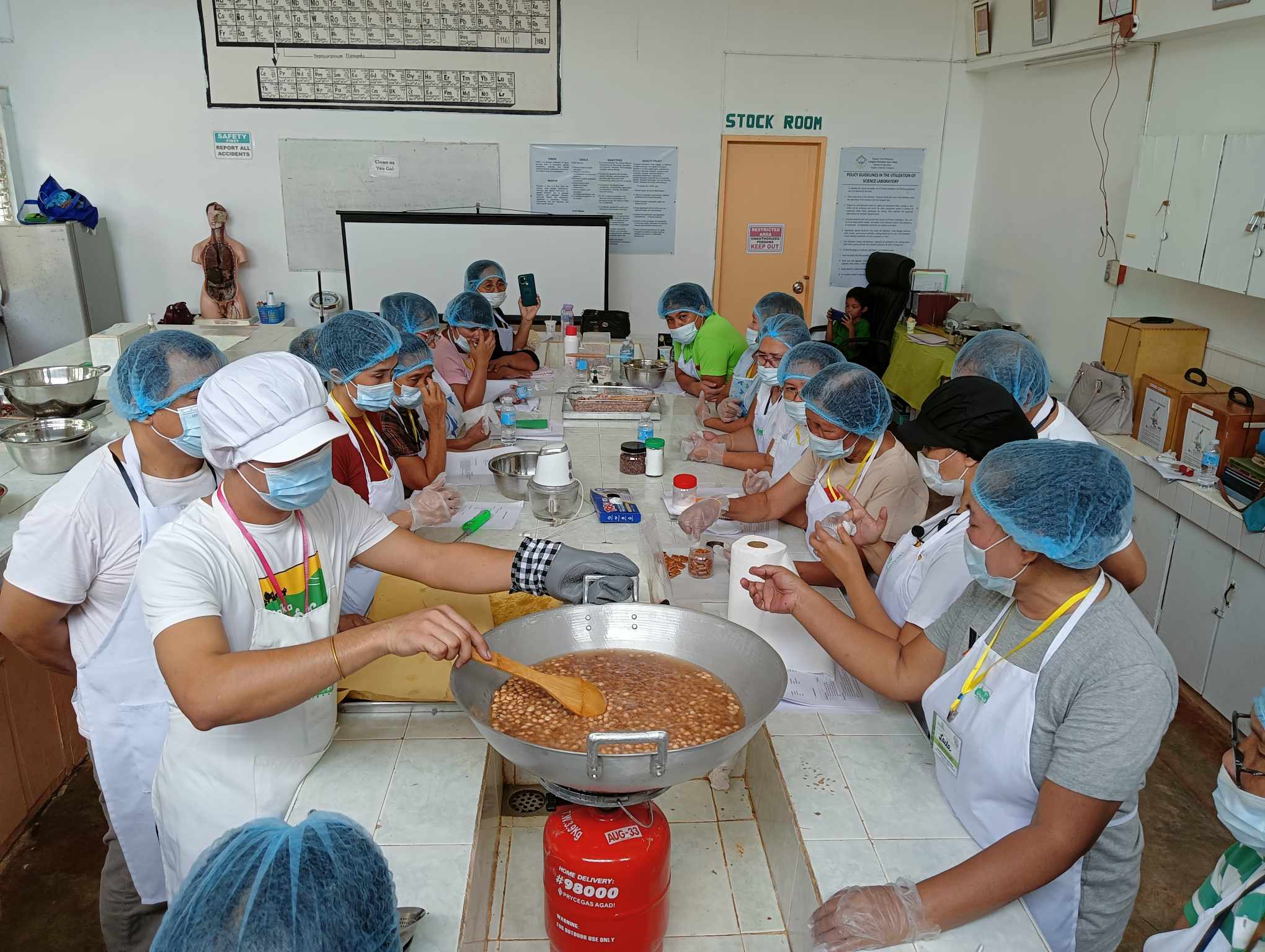
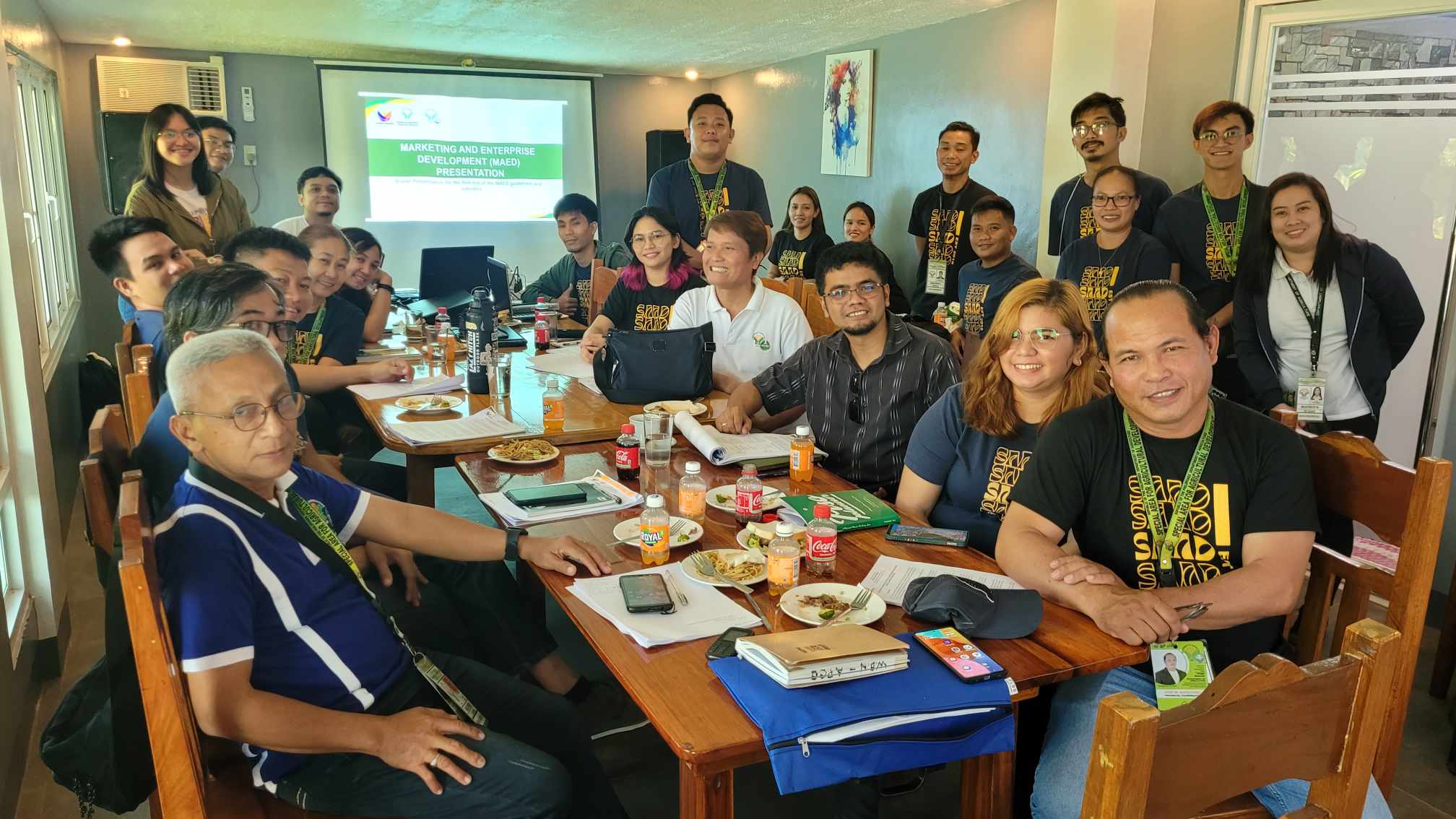
This Post Has 0 Comments